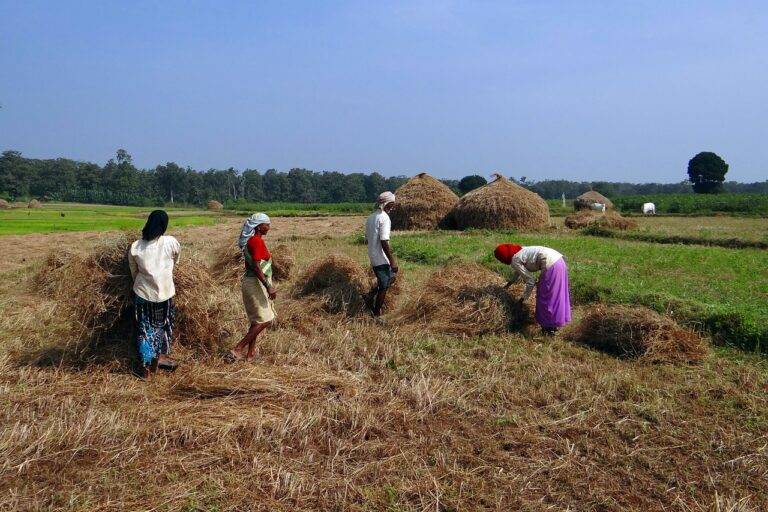Exploring the History of Election Recounts in Close Races
Election recounts trace back to ancient times when societies first began conducting formal voting processes. As civilizations evolved, it became imperative to establish mechanisms for resolving disputes over election results. The practice of recounting votes emerged as a way to ensure accuracy and fairness in the electoral process.
Historically, recounting votes was a manual and labor-intensive process, often involving hand-counting ballots multiple times to verify the outcome. Over time, advancements in technology have streamlined the recounting process, with the introduction of electronic voting machines and computerized tabulation systems. Despite these advancements, the fundamental purpose of election recounts remains rooted in upholding the integrity of democratic principles.
The Impact of Close Races on Recounts
Recounts in elections are an essential process that aims to ensure the accuracy and integrity of the results. When races are particularly close, with a small margin of victory, the likelihood of a recount being requested increases. In these situations, candidates often feel compelled to verify that every vote has been counted correctly, especially when the difference between the leading candidate and the trailing candidate is minimal.
Close races can create heightened tension and uncertainty among voters and candidates alike. The narrow gap in votes can lead to suspicions of potential errors or irregularities in the counting process, prompting calls for a recount. Additionally, the stakes are much higher in close races, as the outcome can swing in favor of either candidate depending on the results of the recount. This puts increased pressure on election officials to conduct a thorough and accurate recount to uphold the integrity of the electoral process.
What is the purpose of an election recount?
The purpose of an election recount is to verify the accuracy of the initial vote count and ensure that the correct candidate is declared the winner.
Why are close races more likely to result in recounts?
Close races are more likely to result in recounts because the margin of victory is small, making it easier for errors or discrepancies in the vote count to potentially change the outcome.
How are recounts conducted?
Recounts are typically conducted by re-examining and recounting the ballots that were cast in the election. This process may vary depending on the specific rules and regulations in place in a particular jurisdiction.
Can a recount change the outcome of an election?
Yes, a recount has the potential to change the outcome of an election if errors or discrepancies are found in the initial vote count that would affect the final results.
Are recounts costly and time-consuming?
Yes, recounts can be costly and time-consuming, especially in larger jurisdictions with a high volume of ballots to recount. This is why they are typically reserved for close races where the outcome is in question.





